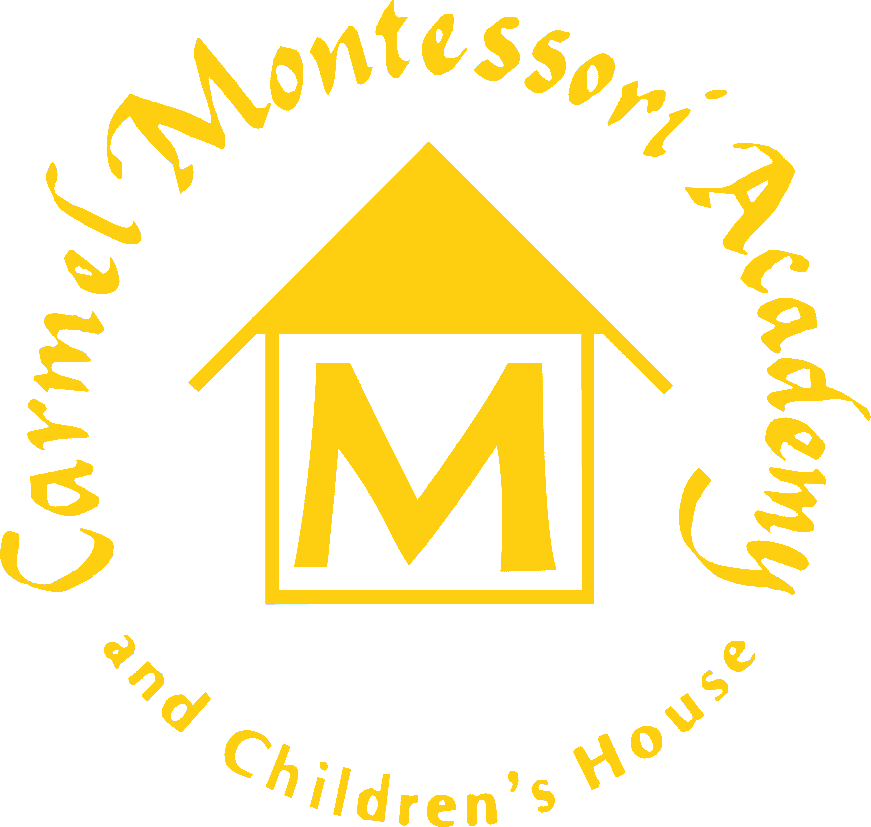
Philosophy
&
Pedagogy
The Montessori Learning Environment
- A Child-Centered Environment
- A Responsive, Preparing, Adaptive Environment
- Individually Construed Competence
1. A CHILD-CENTERED ENVIRONMENT
“This then is the first duty of an educator: to stir up life but leave it free to develop.”
Maria Montessori, The Discovery of the Child, p. 111.
“The focus of activity in the Montessori setting is on the children’s learning, not on teachers’ teaching.”
The Authentic American Montessori School, p. 36.
The breadth and depth of the physical, personal, social, and academic development of each individual child is philosophically and pragmatically evidenced across the child-centered environments at CMA. Furniture and shelving is appropriate to the size, strength, and interest of the child in each class, as in the outdoor environments. Large blocks of time on all levels of the School are dedicated to individual work, with brief small and large group sessions where appropriate. Although the interests of the individual child initiate most activity, cosmic view considerations on both the environmental and curricular levels provide the “golden thread” structure necessary for natural and cultural educational guidance and balance. Classes for which social interaction is important, such as concept learning, music ensembles, literature discussion, group projects, etc. are planned for afternoon hours. At the same time, the child's timetable is respected; the school’s scheduling is flexible enough to accommodate the individual child or small groups of children throughout the day. Directors/esses are prepared and are available at any time they are not in presentation for individual assistance and age-group discussions. Family, personal, and learning styles of each child are observed, discussed among Faculty members, and taken into account in planning, implementation, and evaluation of student progress.
2. A RESPONSIVE, PREPARING, ADAPTIVE ENVIRONMENT
“The child has a different relation to his environment from ours. Adults admire their environment; they can remember it and think about it; but the child absorbs it.”
Maria Montessori, The Absorbent Mind, p. 62.
"The environment “is both ‘prepared’ in advance of the children's entry into it, and ‘preparing’ in that its responsiveness to child need and evolving child interest as well as changing circumstance is on-going.”
The Authentic American Montessori School, p. 36.
The preparation for the responsive, preparing, adaptive environments for the physical, personal, social, and academic growth and development of each individual child is accomplished in two phases at the School… The "balance" of maintaining an aesthetically pleasing, well planned, and “prepared” environment with the changing needs of each child, groups of children, the classes as entities, and the School itself is viewed as an essential one.
3. INDIVIDUALLY CONSTRUED COMPETENCE
“Children then want to know the customs and laws which men have adopted to guide their conduct.”
Maria Montessori, The Absorbent Mind, p. 235.
“… each child strives to realize his or her fullest potential in a socialized context.”
The Authentic American Montessori School, p. 36.
The School's approach to strong individually construed competence to full potential in a socialized context can be observed in many areas; perhaps the following represent some of the greatest press toward personal growth in a social setting. The dual-outcome approach for every child - Happiness and Personal Competency based upon perceived goals - provides a guide for students, Parents, and Faculty from admission processes through individualized promotions from one level of the School to another to the freedom of movement among the classes. A further goal within this Montessori community is that each child is approached as a unique individual, not only embracing the concept of individual needs but also of individual outcomes. The inclusion of both special needs students and gifted students gives both students and Faculty a constant and personal reminder that within the remaining body of students individual uniqueness is also valued and respected. Although observed in many ways throughout the School, one of the most striking examples is the grading system in the Erdkinder classes, by students , Parents, and Teachers and the descriptive transcript paragraphs reflecting the course itself, the unique characteristics of the specific class, and the individual participation of the student. The Spiritual Development Program emphasizes self-strength and knowledge, appreciation, and enjoyment in the differences of others, especially the Moral Development and Ecumenical classes and activities, which promote each child working to full potential within a socialized context
